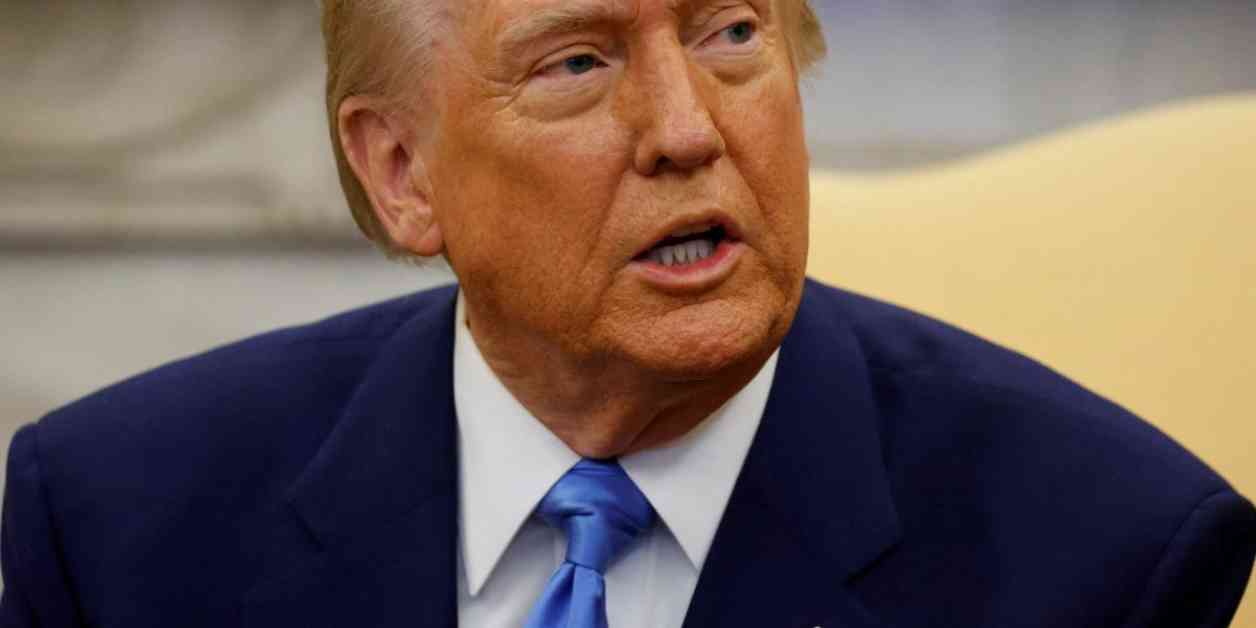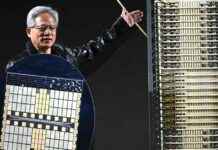In a recent development that could have significant implications for the semiconductor industry, former Trump administration officials have reportedly been in talks with Japanese and Dutch officials to tighten controls on technology exports to China. These discussions specifically revolve around restricting engineers from Tokyo Electron and ASML Holding, two key players in the semiconductor market, from servicing equipment in China. The move comes amidst growing concerns about national security risks associated with the transfer of sensitive technology to China, a country known for its aggressive approach to technological advancement.
The meeting, which took place between the Trump team and their Japanese and Dutch counterparts, signals a shift towards a more assertive stance on technology exports, particularly in the semiconductor sector. With China’s increasing prominence in the global semiconductor market, there is a growing sense of urgency among policymakers to safeguard critical technologies and prevent their unauthorized transfer to potential adversaries.
Implications for Global Supply Chains and Trade Relations
The proposed restrictions on Tokyo Electron and ASML Holding engineers could have far-reaching implications for global supply chains and trade relations. Given the interconnected nature of the semiconductor industry, any disruptions to the flow of technology and expertise could have cascading effects on manufacturers worldwide. As companies rely on a complex network of suppliers and service providers, restrictions on key players like Tokyo Electron and ASML Holding could lead to delays in production, increased costs, and potential shortages of critical components.
Furthermore, these developments could strain diplomatic relations between the countries involved, as restrictions on technology exports are often viewed as protectionist measures that could spark trade disputes. The delicate balance between national security concerns and economic interests will require careful navigation to avoid unintended consequences that could harm businesses and consumers alike.
Expert Insights and Industry Reactions
Industry experts have expressed mixed reactions to the proposed restrictions, with some applauding the efforts to protect sensitive technologies from falling into the wrong hands, while others caution against overly restrictive measures that could stifle innovation and hinder global collaboration. As the semiconductor industry continues to evolve at a rapid pace, finding the right balance between security and innovation is crucial to ensuring long-term competitiveness and sustainability.
According to Dr. Li Ming, a leading expert in semiconductor technology, “While it is important to safeguard critical technologies, we must also recognize the benefits of international collaboration in driving innovation and advancing the industry as a whole. Finding ways to address security concerns without impeding the free flow of knowledge and expertise will be key to navigating the complexities of the global semiconductor market.”
In conclusion, the recent discussions between former Trump officials and their international counterparts highlight the growing importance of technology controls in an increasingly interconnected world. As policymakers grapple with the challenges of safeguarding critical technologies while promoting innovation and collaboration, finding common ground will be essential to addressing the complex issues facing the semiconductor industry today.



















